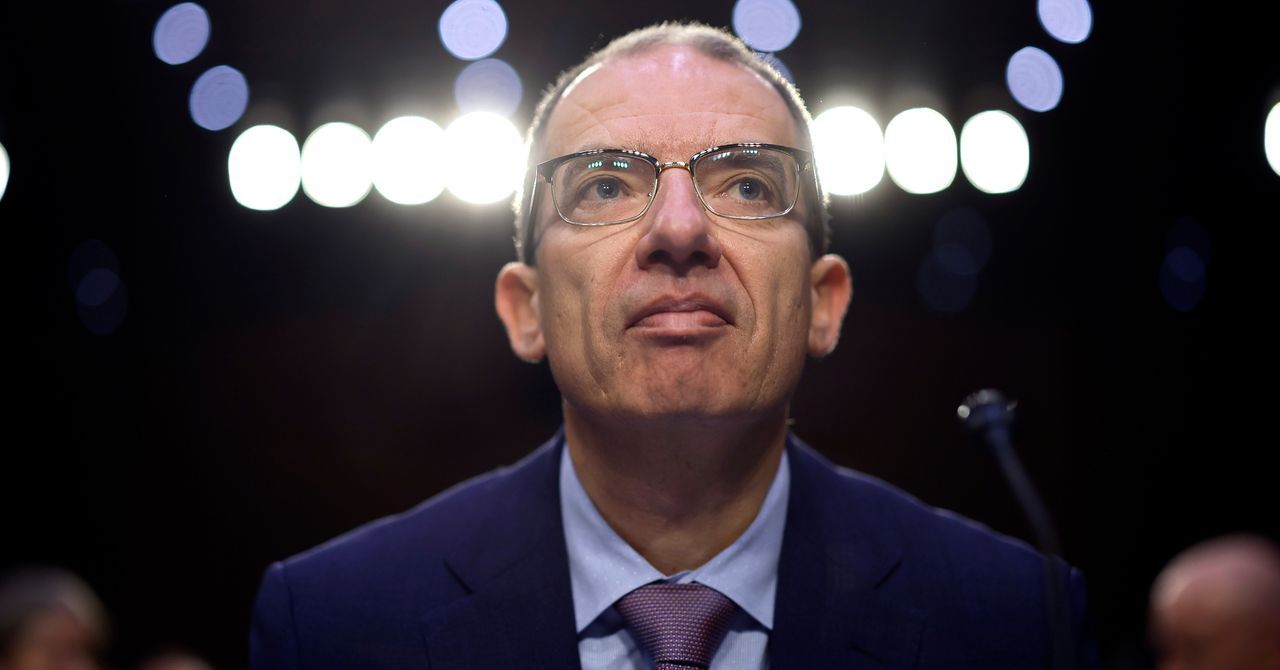Moderna CEO Criticizes New COVID-19 Vaccine Guidelines at WIRED Health Summit
At the recent WIRED Health Summit, Stéphane Bancel, the CEO of Moderna, voiced his concerns regarding the latest adjustments to the COVID-19 vaccine guidelines implemented by Health and Human Services (HHS) Secretary Robert F. Kennedy, Jr. Bancel characterized these revisions as a “step backward” for public health.
Changes to Vaccine Distribution Policy
Moderna, recognized as one of the leading manufacturers of mRNA-based COVID-19 vaccines, recently secured approval from the Food and Drug Administration (FDA) for an upgraded version of its vaccine. However, the approval came with new restrictions on vaccine administration. Previously, the COVID-19 vaccine was advised for all individuals aged six months and older. Under the new guidelines, the FDA now recommends the vaccine strictly for individuals classified as high-risk—those aged 65 and older or those with specific health conditions.
Bancel underscored the complications these new guidelines could introduce for families. “You might have someone in your household—a parent, a spouse, a child—who is at high risk that you want to protect,” he stated. He highlighted how the previous policy allowed healthier individuals to receive the vaccine with relative ease, whereas many states now mandate a prescription for COVID-19 vaccination due to the recent FDA changes.
HHS Actions Under Secretary Kennedy
Since assuming the role of HHS Secretary in February, Kennedy has taken a firm stance against vaccinations. This week, he faced scrutiny from the Senate Finance Committee regarding his actions during his tenure. In a notable decision, Kennedy terminated a $590 million contract with Moderna that was aimed at developing an mRNA-based vaccine for avian influenza. This contract was awarded shortly before the end of the Biden administration, as avian flu has been prevalent among wild birds and has recently affected poultry and dairy cattle.
In May, Kennedy publicly stated that HHS would no longer support the recommendation of mRNA COVID-19 vaccines for healthy children and expectant mothers. Additionally, by June, the FDA mandated that new labels for mRNA vaccines include warnings about rare side effects such as myocarditis and pericarditis, primarily seen in younger males after vaccination.
Furthermore, in August, Kennedy initiated a “coordinated wind-down” of mRNA vaccine-related research, resulting in the cancellation of 22 contracts and investments worth nearly $500 million. In a statement, he incorrectly claimed that these vaccines do not provide effective protection against upper respiratory infections like COVID-19 and influenza. HHS is now redirecting its funding strategy toward an older vaccine technology known as “whole-virus” vaccines.
Positive Developments for Moderna
Despite the administration’s limitations on mRNA vaccines, Bancel expressed optimism regarding Moderna’s ongoing relationship with the FDA. Alongside the updated COVID-19 vaccine, Moderna has also received extended approval for its respiratory syncytial virus (RSV) vaccine, which now includes adults aged 18 to 59 considered at increased risk. The RSV vaccine was initially authorized for those aged 60 and older in May 2024.
Reflecting on the approval process, Bancel noted, “A lot of people back in January, including my own team, were quite worried that we might not get those approvals.”
Moreover, the government’s push against mRNA vaccine research has not impacted Moderna’s efforts in the cancer treatment sector. The biopharmaceutical leader is actively developing several mRNA-based therapies targeting cancer, including personalized cancer vaccines, with 45 projects currently in the pipeline. Bancel anticipates securing 10 FDA approvals for these initiatives over the next three years, emphasizing the dual potential of mRNA technology in combating both infectious diseases and cancer.
Addressing concerns regarding the testing of COVID-19 vaccines, Bancel stated, “I don’t think there’s been a vaccine more studied for efficacy and safety in the history of vaccines.” He reiterated the extensive research and real-world testing conducted on the COVID-19 vaccines, which involved millions of individuals.
Conclusion
As the landscape of vaccine policy continues to evolve, the ramifications of these new guidelines will become increasingly apparent. Moderna remains committed to advancing vaccine technology and addressing both infectious diseases and cancer through innovative research and development strategies.




